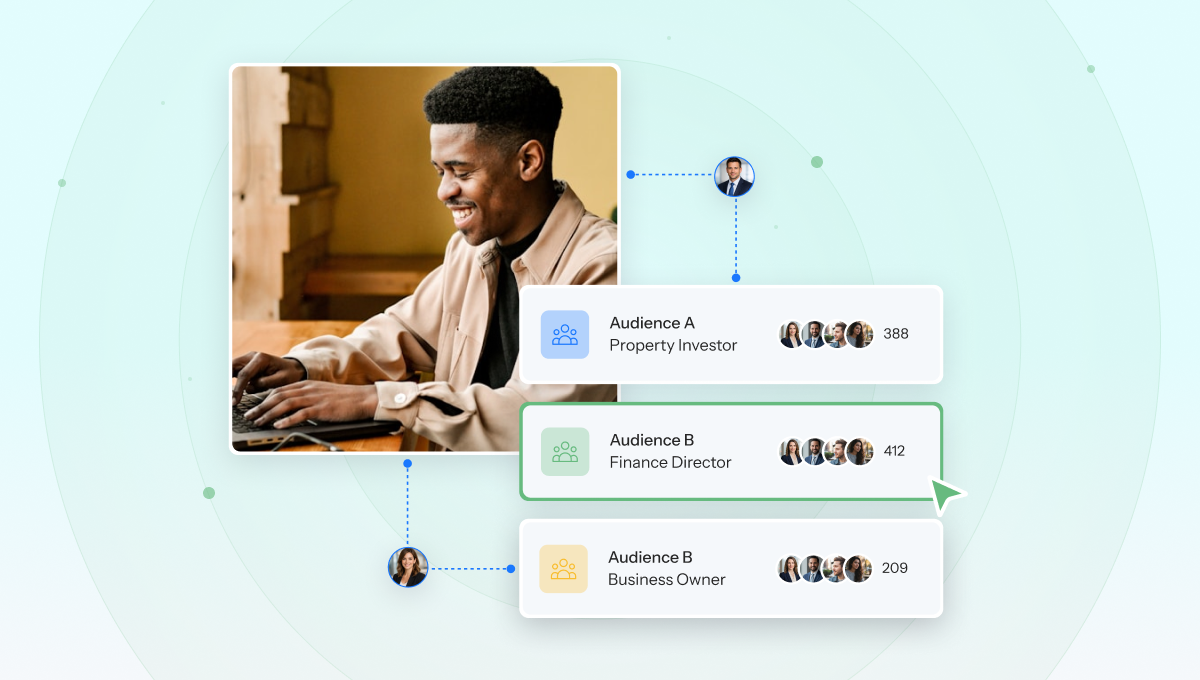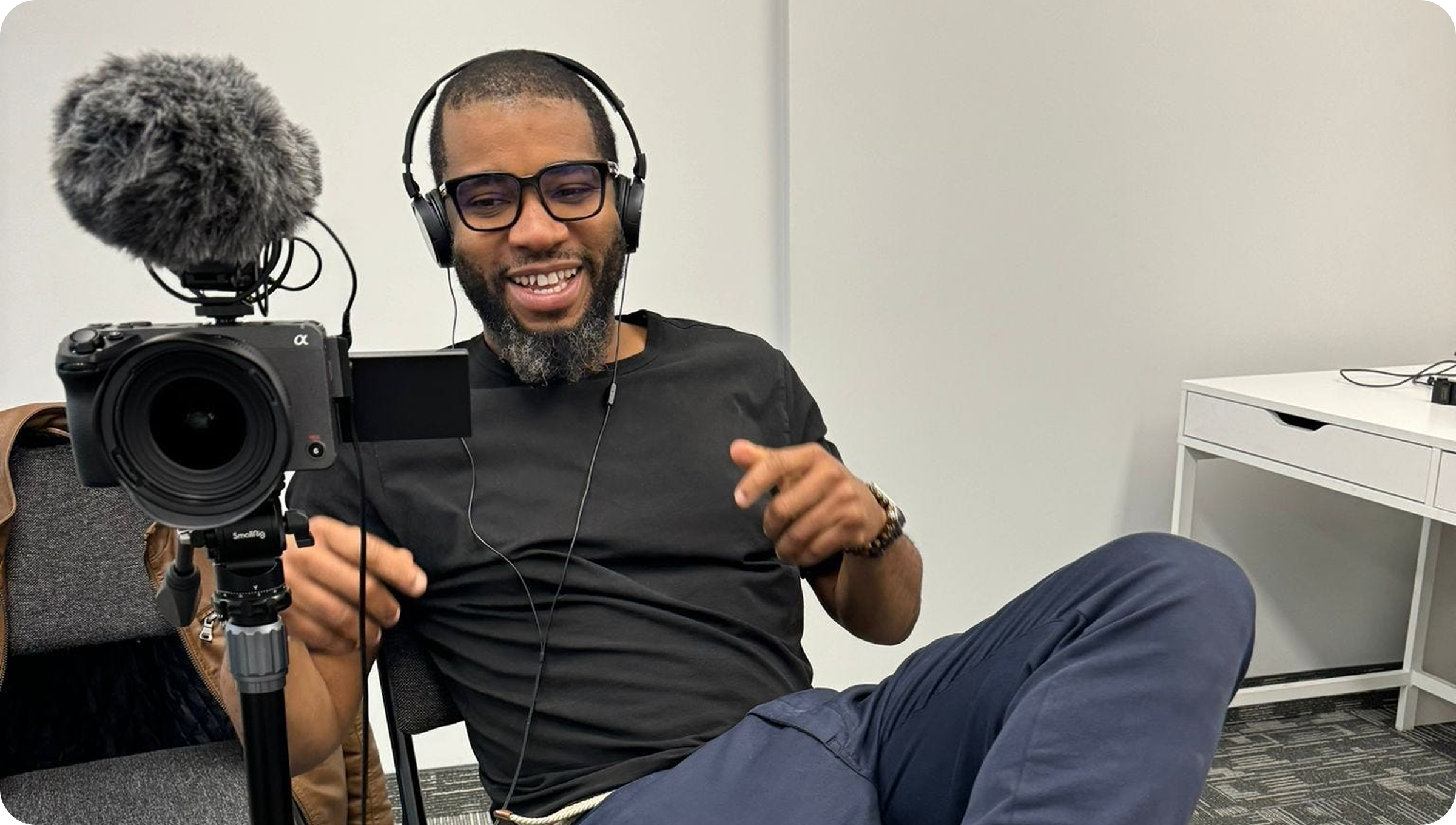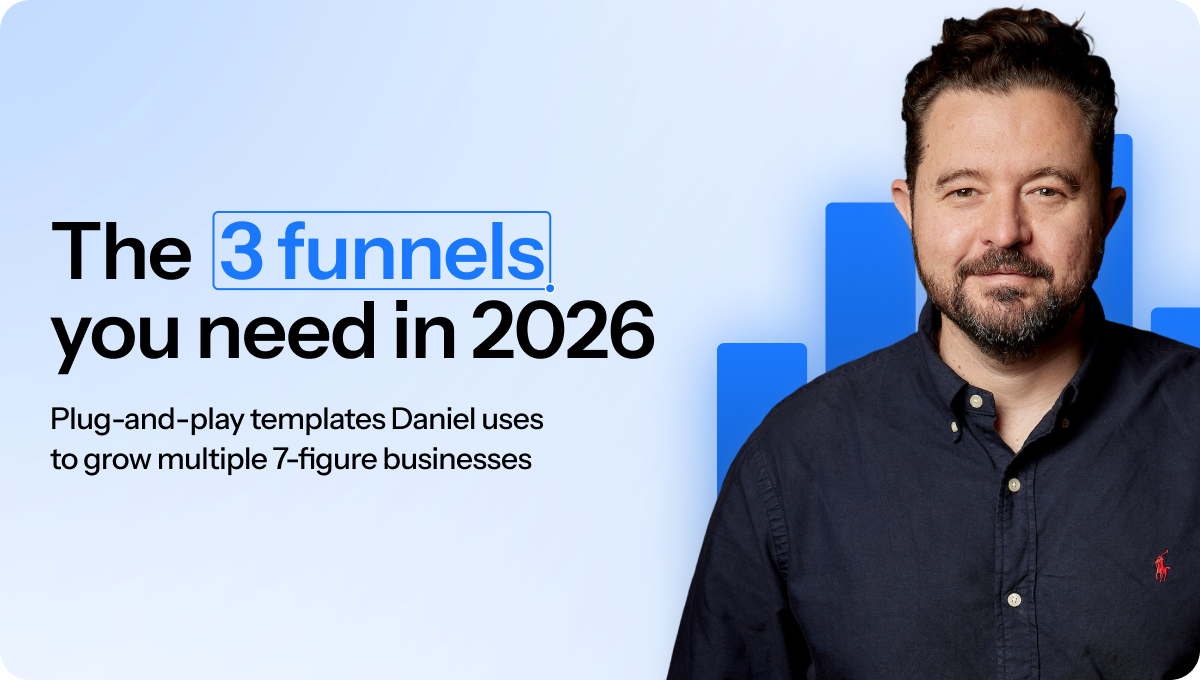Myths about mental health quizzes (& using them responsibly)


You heard about quiz lead magnets being a valuable tool to reach and nurture your audience (true) but, given your focus on mental health and sensitive topics, you’re worried it’d backfire?
It’s a reasonable concern, especially if you’ve seen other businesses use them unethically. It really doesn’t have to be that way, though.
When done right, a mental health quiz isn’t just helpful for your business: it’s an incredibly valuable resource for those who take it!
So, we’ll debunk the most common myths and show you how you can create yours responsibly with ScoreApp.
Why a mental health quiz needs special care
A mental health quiz can be a powerful lead magnet (so, a free resource you offer to your target audience in exchange for their contact details) for various types of businesses.
Unlike with fun travel quizzes or educational marketing scorecards, though, there are some delicate issues to consider:
- Mental health quizzes often target people who are struggling or feeling vulnerable
- They’re probably worried about confidentiality, too
- A quiz should never be mistaken for or promoted as a diagnostic tool, and it can’t replace professional advice
So, think of your mental health quiz as a confidential tool to support self-reflection, make people feel understood while offering them some much-needed clarity, and direct them towards the right resources or next step for them.
When you create this type of quiz? It’s not just “ethical”: it’s extremely valuable for your audience!
Common myths about mental health quizzes… debunked
There are many misconceptions around these quizzes (probably because some businesses created or promoted them in unethical ways). So, let’s make sure we’re on the same page.
Myth 1: Mental health quizzes can diagnose conditions
No, they can’t (and they shouldn’t aim to).
A responsible mental health quiz focuses on self-reflection and self-awareness. It helps participants better understand themselves and then points them in the right direction (whether that’s a specific resource, instructions on how to get professional support, and so on).
Myth 2: They’re too risky to include in your marketing
Not if you do it ethically.
In fact, look at it this way: your target clients are craving to feel understood and get some clarity. Wouldn’t it be a shame to prevent them from experiencing that (or to not be the one offering this help) just because of this concern?
As long as you’re setting the right expectations and using relevant disclaimers when needed, you can (and should) use a mental health quiz in your marketing.
Myth 3: Mental health quizzes won’t help you get leads
If you plan yours properly and use it as a proper funnel (so, with a system to retain and nurture those new contacts), it absolutely will help you get leads.
Your mental health quiz will literally meet someone where they are right now: struggling, feeling confused, or maybe even ready to look for help or guidance but without knowing where to start.
It’ll offer them that initial clarity while building trust and allowing you to stay in touch. So, some quiz participants will also want to take this further and invest in your help.
Myth 4: They’re only for therapists
Mental health quizzes are obviously great for therapists, but they can work for other types of businesses and service providers, too.
To name a few? Coaches, well-being brands, yoga teachers, mindfulness experts, and anyone whose work is related to stress levels, self-care routines, or mindset habits.
Myth 5: They’ll make users feel judged
On the contrary: when done right, a mental health quiz will make them feel understood (which is what they crave right now).
So, if you use empathy and positive framing while reassuring your participants about confidentiality, you’ll offer them a safe and supportive experience.
How to use a mental health quiz responsibly
Avoid making unethical, unrealistic, or tone-deaf promises like “Get Your Diagnosis for FREE” or “Supercharge Your Mental Health”. Instead:
- Use disclaimers – Clarify that your mental health quiz is for self-awareness and understanding, not to get a diagnosis or medical advice
- Mention confidentiality – Reassure your quiz participants (for example, by telling them how you’ll store their personal details and answers)
- Make your mental health quiz helpful for them – While your quiz should also feed into your services, focus on the right angle and theme for your audience. Who are you targeting, specifically? What are they struggling with or trying to understand right now? And what do they value the most? For example, if you help people with their well-being, your mental health quiz could simply be “How Balanced Is Your Self-Care Routine?” whereas, if you target overworked professionals, you could opt for “What’s Your Burnout Risk Level?”
- Watch your language – Use positive language—both in the quiz itself and when promoting it—and avoid triggering questions. In fact, only ask about things you need to know to help them understand their situation or to make the right recommendations
- Plan helpful results – Make them uplifting and valuable, giving people enough context to understand them. Offer them the right next steps, too
- Include personalized post-quiz support – Nurture your new leads in a tailored way based on their quiz answers (for example, with a helpful email sequence). Make them feel understood, link to relevant resources, and show them how you can help if and when they are ready
How ScoreApp helps therapists and well-being professionals build safe, valuable quizzes
With ScoreApp, it’s easy to create a responsible and effective mental health quiz. You’ll get to make the most of:
- Customizable templates – Start from the most relevant one for you (like this mental health review or stress test), and edit it to fully match your brand and angle
- Design – As well as on-brand, your ScoreApp quiz will look professional and trustworthy, reinforcing your credibility and reassuring your audience that this is a safe and legit resource
- Safe data capture – This will allow you to stay in touch with your participants while showing them you’re respecting their privacy and complying with relevant regulations (like GDPR)
- Segmentation – Your quiz will automatically divide your participants into groups based on their answers, so you can recommend the right resources, next steps, and levels of support for them
- Dynamic results pages – Your participants will immediately receive a tailored personality profile or overview, and you can include links to the right resources or calls to action, like booking a complimentary consultation with you
- Integrations – By connecting your ScoreApp quiz to your email marketing platform or CRM, you can set up automated nurturing sequences or touchpoints, personalizing them for each segment
Create your mental health quiz responsibly and for FREE with ScoreApp
How to use your mental health quiz in your marketing ethically
No matter where, when, and how you promote your quiz, use compassionate language, and set the right expectations.
As for helping more people find out about it, you could consider:
- Adding your quiz landing page to your website, and using pop-ups and banners
- Offering it to your existing email subscribers
- Linking to it in your social media bios
- Using it as a call to action when you create new content
- Offering it as part of a longer self-care or well-being series
- Collaborating with complementary service providers and professionals (for example, by running a webinar together and offering your mental health personality quiz to all participants)
- Making the most of signage, leaflets, and QR codes if you also have a physical location
Grow your audience, and make them feel understood with a ScoreApp mental health quiz
A mental health quiz should never replace a diagnosis or professional help, but it can be the perfect starting point:
- For you to reach your target audience, learn more about them, and nurture them in a more personalized and helpful way, turning some into clients
- For them to feel understood and get the initial clarity they desire
Everyone wins! So, make it happen by creating a responsible mental health quiz with ScoreApp today and for FREE.



